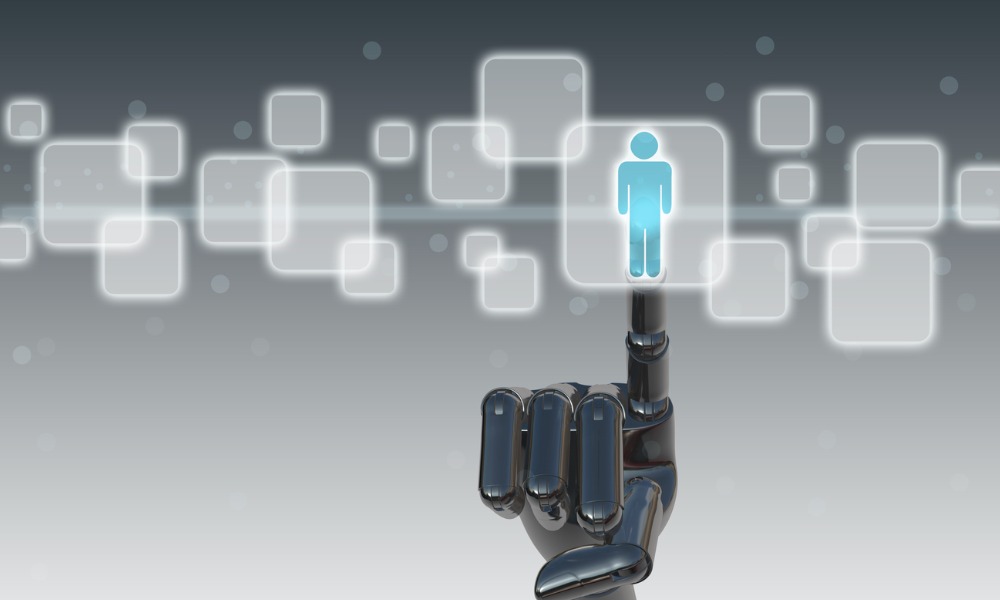
'You are going to have to acquire skills in the future for jobs that do not yet exist'

In the rapidly evolving world of human resources, the integration of artificial intelligence (AI) is not just a trend—it's a revolution. Jim Carroll, recognized globally as a leading futurist, keynote speaker, and expert on business trends, offers invaluable insights into how AI in HR is reshaping the entire landscape.
There has been a profound shift in knowledge management over the past few decades, Carroll explained to HRD, and AI tools are at the forefront of this knowledge revolution. With the HR realm inundated with new challenges, from compliance mandates to intricate legal issues, the need for timely and relevant knowledge has never been more pressing.
"There's so much going on," Carroll tells HRD. "The new HR issues, new compliance issues, legal issues … the most important skill we can develop as an HR leader is getting the right knowledge at the right time for the right purpose, and looking at how AI can help us do that."
Carroll elaborated on the versatility of AI tools, and how the simple act of cutting down time on regular HR processes can be game-changing. For example, summarizing content from diverse sources, such as videos or other documents.
“I've been using tools that you can feed in a PDF, and you can talk to it,” he explained. “You can ask the PDF questions, to summarize the 10 key issues in a long and complicated document about HR functions."
"Let’s say you come across a conference video. You can go up to the URL of the YouTube video and say, ‘Summarize the 20 key points that have come about in this YouTube video,’ and do that within 30 seconds.”
But the AI in HR journey is not without its challenges, Carroll stressed.
Recruitment, a core HR function, is undergoing a significant transformation with AI, and with it comes the challenge of “model bias”, he said. This underscores the importance of understanding and addressing inherent biases in AI systems to ensure a fair and equitable recruitment process.
“Learned language models repeat back to us what it has ingested,” Carroll said. “And so there's been obvious situations already … where we might interact with an AI, and we're asking for recommendations on particular candidates, and the model bias built into the model comes back with only male candidates.”
“There's a very real risk here as we learn to work with the algorithm … this is something we've already seen with some large scale hybrid engines that have emerged already.”
In predicting how the landscape of HR departments and careers might change due to AI, Carroll points out that fears around job replacement aren’t exactly well-placed.
Rather than being replaced directly by AI, as many are projecting, they might be replaced by individuals who have a better handle on the technology, he said. For this, he has direct advice for HR professionals.
“People don't realize how big these trends really are, and how transformative they are. To an HR perspective, we're going to have to hire skills that do not yet exist,” he said. “You are going to have to acquire skills in the future for jobs that do not yet exist, based on knowledge that has not yet been generated. And you need to start doing that today.”